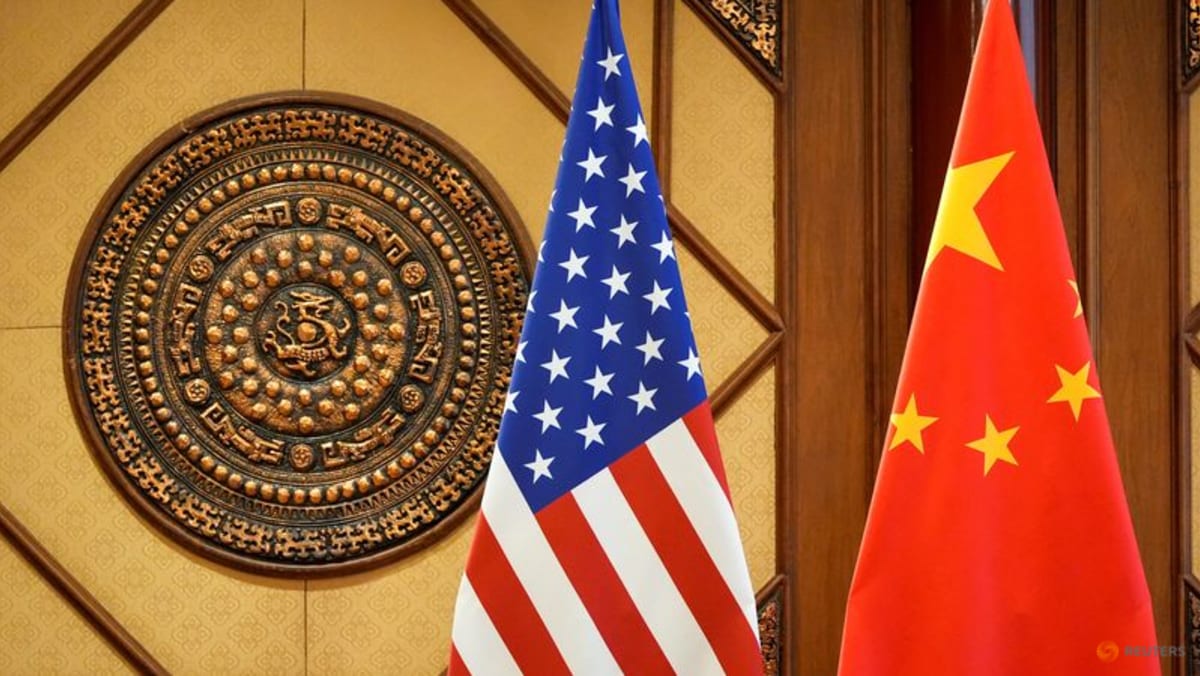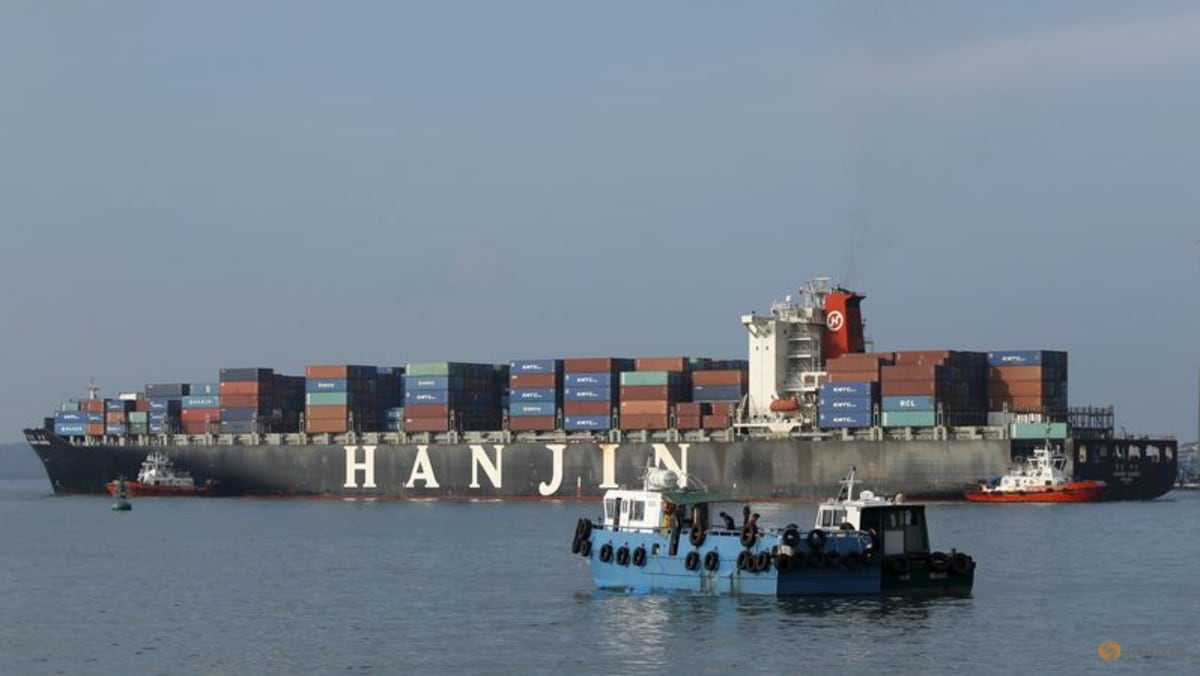BEIJING: China’s finance ministry on Tuesday (Feb 4) announced a package of tariffs on a range of US products in an immediate response to a 10 per cent tariff on Chinese imports announced by US President Donald Trump.
China imposed tariffs of 10 per cent on crude oil, farm equipment, large-displacement vehicles and pickup trucks, and 15 per cent on US coal and liquefied natural gas (LNG). The tariffs will take effect on Feb 10.
This move follows as US tariffs of 10 per cent on Chinese imports came into effect on Tuesday, risking a renewed trade war between the world’s top two economies as Trump punishes China for not halting the flow of illicit drugs.
Beijing’s commerce ministry said the levies on Chinese imports “seriously violates World Trade Organization rules”.
Trump on Monday suspended his threat of 25 per cent tariffs on Mexico and Canada at the last minute, agreeing to a 30-day pause in return for concessions on border and crime enforcement with the two neighbouring countries.
But there was no such reprieve for China, with new levies coming into effect at 12.01am (1pm, Singapore time) on Tuesday.
A White House spokesperson said Trump would not be speaking with Chinese President Xi Jinping until later in the week.
During his first term in 2018, Trump initiated a brutal two-year trade war with China over its massive US trade surplus, with tit-for-tat tariffs on hundreds of billions of dollars worth of goods upending global supply chains and damaging the world economy.
To end that trade war, China agreed in 2020 to spend an extra US$200 billion a year on US goods but the plan was derailed by the COVID-19 pandemic and its annual trade deficit had widened to US$361 billion, according to Chinese customs data released last month.
“The trade war is in the early stages so the likelihood of further tariffs is high,” Oxford Economics said in a note as it downgraded its China economic growth forecast.
Trump warned he might increase tariffs on China further unless Beijing stemmed the flow of fentanyl, a deadly opioid, into the United States.
“China hopefully is going to stop sending us fentanyl, and if they’re not, the tariffs are going to go substantially higher,” he said on Monday.
China has called fentanyl America’s problem and said it would challenge the tariffs at the World Trade Organization and take other countermeasures, but also left the door open for talks.
The US is a relatively small source of crude oil for China, accounting for 1.7 per cent of its imports last year, worth about US$6 billion. Just over 5 per cent of China’s LNG imports come from the US.
Crude prices extended losses to tumble 2 per cent after China’s retaliation, and stocks in Hong Kong pared gains. The dollar strengthened while the Chinese yuan, the euro, Australian and Canadian dollars as well as the Mexican peso all fell, reflecting growing market concerns about the risk of a protracted global trade war.
“Unlike Canada and Mexico, it is clearly harder for the US and China to agree on what Trump demands economically and politically. The previous market optimism on a quick deal still looks uncertain,” said Gary Ng, senior economist at Natixis in Hong Kong.
“Even if the two countries can agree on some issues, it is possible to see tariffs being used as a recurrent tool, which can be a key source of market volatility this year.”
Alongside its tariffs, China announced a probe into US tech giant Google and added US fashion group PVH Corp – which owns Tommy Hilfiger and Calvin Klein – and biotech giant Illumina to a list of “unreliable entities”.
Beijing also unveiled fresh export controls on rare metals and chemicals including tungsten, tellurium, bismuth, and molybdenum, used in a range of industrial appliances.













